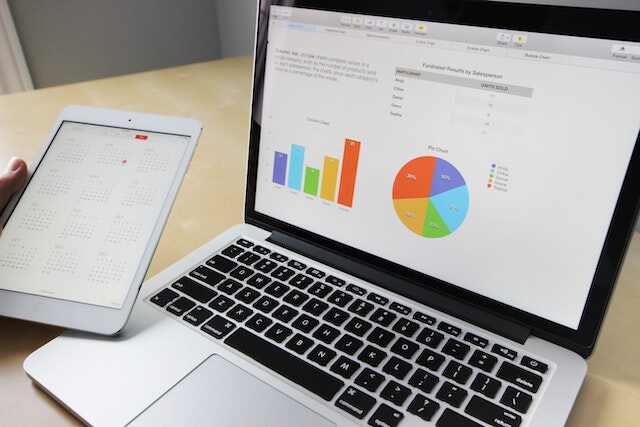Introduction
A data scientist’s work has grown crucial in today’s data-driven environment for assisting organizations in making wise judgements. Data scientists are at the forefront of sifting through massive databases to uncover insightful information that helps firms stay competitive. You’ve come to the correct place if the world of data and analytics has your interest. This comprehensive guide will delve into the intricate details of a data scientist job description, their job responsibilities, the essential skills required, and the qualifications needed to embark on this exciting career path.
Data Scientist Job Description
Unraveling the Data Scientist Role
A data scientist has a fascinating and diverse profession. Large datasets can be collected, processed, and interpreted by data scientists, who are analytical experts. They significantly contribute to the development of a company’s strategy by offering data-driven insights. Finding trends, patterns, and possibilities concealed in the data is the main goal of a data scientist.
Data Scientist Job Responsibilities
Data Collection
Data scientists are in charge of collecting and purifying information from numerous sources to guarantee its accuracy and comprehensiveness.
Data Analysis
To analyze data and reach meaningful conclusions, they employ statistical and machine learning approaches.
Model Development
To improve decision-making and address complicated business problems, data scientists develop predictive models.
Data Visualization
They present their findings through compelling visualizations, making complex data accessible to non-technical stakeholders.
Continuous Learning
Staying updated with the latest tools and technologies in data science is vital for a data scientist’s success.
Data Scientist Skills
Analytical Prowess
To break through difficult issues and generate insightful conclusions, data scientists need a keen analytical mind. The foundation of this job is sound analytical abilities.
Data Wrangling
Data scientists should excel in data cleaning and preprocessing. Cleaning messy data is often the first step toward obtaining accurate insights.
Machine Learning Mastery
A deep understanding of machine learning algorithms and their applications is vital. Data scientists employ these algorithms to build predictive models.
Data Visualization
The key is effective communication. Data scientists should be skilled at developing visualizations that effectively and concisely communicate complicated information.
Business Acumen
It’s crucial to comprehend the business environment. The goals and objectives of the organization should guide data scientists’ work.
Data Scientist Qualifications
Educational Background
- Bachelor’s Degree: A bachelor’s degree in a related field such as computer science, mathematics, or statistics is the first step.
- Advanced Degree: Many data scientists hold master’s or Ph.D. degrees, which can provide a competitive edge in the job market.
Relevant Courses
To develop specialized knowledge, sign up for classes or certification programmes in statistics, machine learning, and data science.
Practical Experience
Internships, personal projects, or work experience in data-related roles can significantly boost your resume.
FAQs
Q1. What is the average salary of a data scientist?
A1. The salary of a data scientist can vary based on factors like location, experience, and the employer. However, the average salary in the United States is around $96,000 to $150,000 per year.
Q2. Are data scientists in high demand?
A2. Yes, data scientists are in high demand across various industries due to the increasing importance of data-driven decision-making.
Q3. How long does it take to become a data scientist?
A3. The time it takes to become a data scientist depends on your starting point. With a relevant bachelor’s degree, it can take 2-4 years to acquire the necessary skills and experience.
Q4. Do data scientists need to know how to code?
A4. Yes, coding skills are essential for data scientists. Python and R are commonly used programming languages in the field.
Q5. What industries hire data scientists?
A5. Data scientists find employment in a wide range of industries, including finance, healthcare, e-commerce, and technology.
Q6. Can I become a data scientist without a degree?
A.6 While a degree can be advantageous, it is possible to become a data scientist through self-study, certifications, and practical experience.
Conclusion
Becoming a data scientist is an exciting journey filled with opportunities to explore the world of data and analytics. In this guide, we’ve covered the essential aspects of the job, including the Data Scientist job description, responsibilities, required skills, and qualifications. You can start a fulfilling career as a data scientist by gaining the necessary information and abilities, assisting businesses in making data-driven decisions and fostering innovation.
Also Read
HR Job Description, Skills, Job Responsibilities, and Qualification
Accountant Job Description, Skills, Job Responsibilities, and Qualification
DevOps Engineer Job Description, Skills, Job Responsibilities, and Qualification
Machine Learning Engineer Job Description, Skills, Job Responsibilities, and Qualification
Graphic Designer Job Description, Skills, Job Responsibilities, and Qualification

